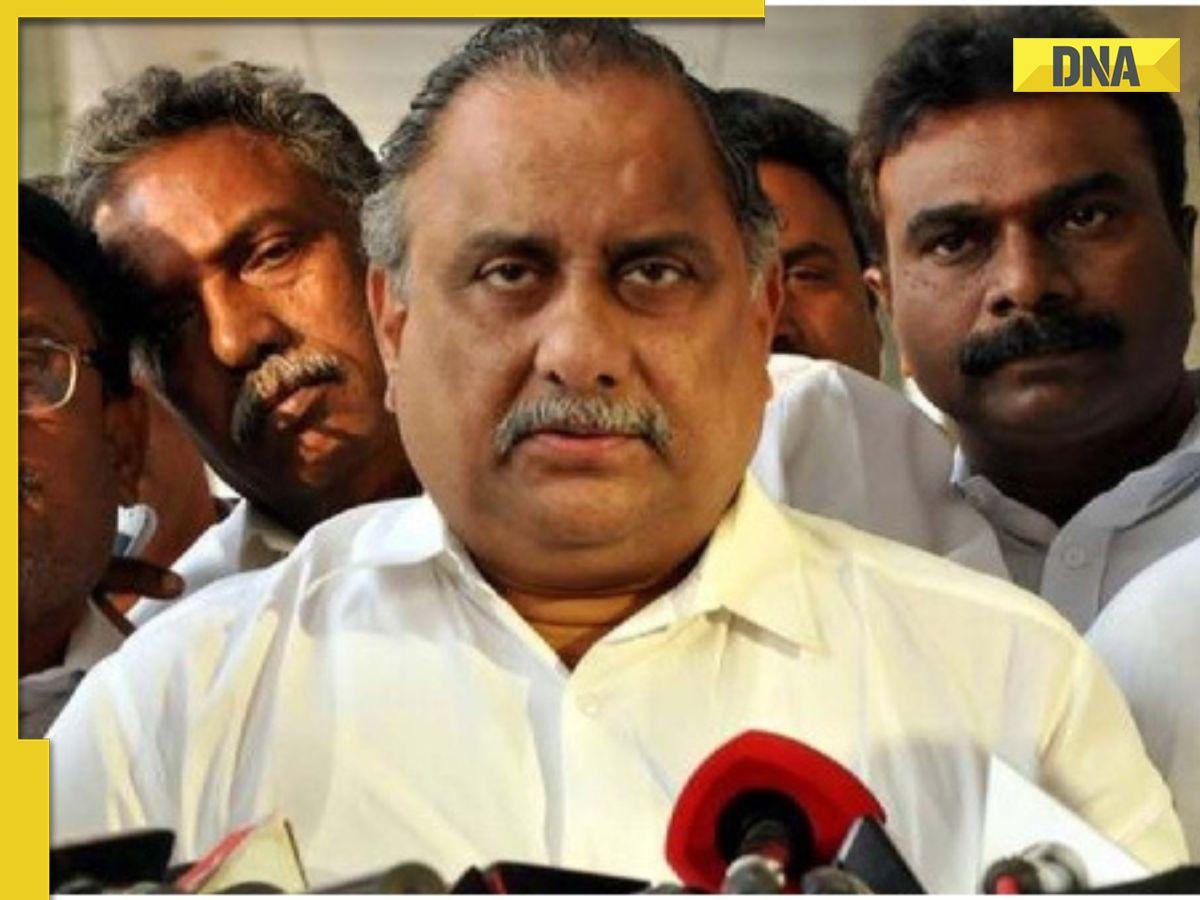
Senior YSR Congress Party (YSRCP) leader Mudragada Padmanabham has made headlines by officially changing his name to ‘Padmanabha Reddy.’ The decision came shortly after he was unable to secure the defeat of Janasena Party chief Pawan Kalyan in the recently concluded Andhra Pradesh Assembly elections. This name change marks the fulfillment of a pledge he made during his election campaign.
The seasoned politician, who is in his seventies, took this step following Pawan Kalyan’s victory in the Pithapuram Assembly constituency. Throughout the election campaign, Padmanabham had promised that he would accomplish the defeat of Kalyan, a promise that evidently has now led to his decision to adopt a new name.
In a candid conversation with the media, Padmanabha Reddy explained his motivations behind the name change. “Nobody forced me to change my name. I have changed it on my own volition,” said Reddy. His explanation highlights that this was a personal and conscious decision, not influenced by external forces or pressures. However, Reddy also raised concerns about the behavior of Kalyan’s supporters. He alleged that fans and followers of Pawan Kalyan were bombarding him with abusive messages. “The youth who love you (Kalyan) are incessantly dropping expletive messages. In my view, this is not right. Rather than abusing, do one thing…eliminate us (all family members),” he lamented, expressing his deep frustration over the derogatory messages.
Padmanabha Reddy is a notable figure within the Kapu community and has a political history that includes serving as a minister. His affiliations and advocacies have always centered around the welfare and upliftment of the Kapu community, including campaigning for Kapu reservation. He had joined the YSR Congress Party just a few months before the elections, adding weight to the party’s campaign in a significant manner.
.
The campaign trail saw Padmanabham being vocal about his confidence in defeating Kalyan. His proclamations were seen as a reflection of his deep-rooted belief in his political strategies and the support he had garnered within his constituency. Despite this, Kalyan’s victory came as a major blow, and the name change is perceived as a symbolic gesture acknowledging this unanticipated defeat.
Political analysts suggest that this move by Padmanabham could have far-reaching implications. It raises questions about the future strategies of the YSR Congress Party in regions where the influence of the Kapu community is decisive. It also places a spotlight on the fierce rivalry and high-stakes drama that characterize the political landscape in Andhra Pradesh.
Supporters of Mudragada Padmanabham believe that his commitment to his word showcases his integrity and dedication towards his promises, even when faced with adversity. They view the name change as an embodiment of accountability and transparency in a political era where such values are often seen as scarce.
On the other hand, the behavior of Pawan Kalyan’s supporters as alleged by Reddy brings attention to the darker aspects of fan culture in politics. The abusive messages highlight the extreme lengths to which political rivalries can be taken by overzealous followers. Such behavior risks overshadowing the political achievements of leaders like Pawan Kalyan, who secured a victory thanks to his widespread popularity and the trust of his constituents.
The narrative of Mudragada Padmanabham’s transformation into Padmanabha Reddy will undoubtedly add a new chapter to the political discourses in Andhra Pradesh. It serves as a poignant reminder of the personal sacrifices and public scrutiny faced by those in the political arena. This change underpins the weight of political promises and the lengths to which leaders may go to uphold them.
As the dust settles from the hustle of the elections, both sides of the political divide in Andhra Pradesh must now focus on the broader issues at hand. For Padmanabha Reddy, it appears that the mission to serve his community and fulfill his promises continues, albeit under a different name.












